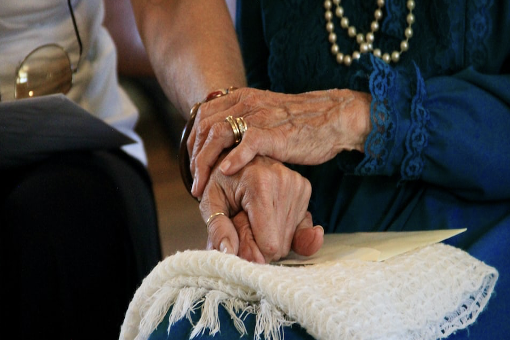
How much value is Betty getting from her repeated hospital admissions?
These are likely low value admissions which are causing her more harm from overdiagnosis, overtreatment, painful interventions, risk of delirium, falls, hospital acquired infections, deconditioning from lying in hospitals etc.
This is a high carbon end of life where resources could be used more effectively for patients who are more likely to benefit from them. It is unlikely that this is a dignified way to die but opinions on this will vary and hers/those with power of attorney are important !
Is it enough to have a DNACPR? What can be done to prevent admission and maintain dignity?
Involving family, holistic and advance care planning can be valuable. RESPECT forms can help with this and are good practice in addition to DNACPR . Admissions avoidance. Think about comfort and dignity rather than prolonging life at all costs, especially when quality of life may be very poor.
What are the patient and planetary implications of Betty medications?
It is likely that some of her 14 meds are not necessary or positively dangerous e.g. statins as preventive drugs are unlikely to be appropriate. Drugs with an anticholinergic effect are likely to increase risk of falls and death so considering the anticholinergic burden is appropriate to improve her quality of life. There are risks that some medication has been started to manage the effects of earlier treatments ( ‘cascade prescribing’ ) so looking to simplicity can be helpful.
How much of our NHS resources go into the last year of life?
10% of the total NHS costs are spent in the last year of life, and this is broadly similar in other developed countries. Almost 25% of costs are incurred in the last 3 years of life in UK suggesting that the costs relate to chronically ill people rather than last ditch attempts to save lives. The challenge is to work with patients and families to identify what is justified and important, and what is futile and harmful.
